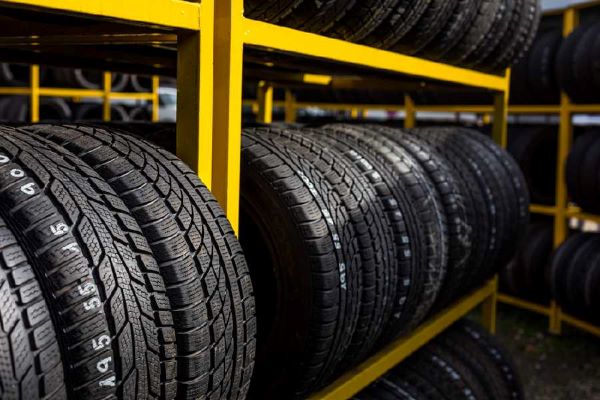|
|
|
|
 |
|
Sep 03, 2025
|
|
| |
|
Indian tyre industry pursues policy relief amid rising US tariffs
|
| |
|

The Automotive Tyre Manufacturers' Association (ATMA) has raised concerns over the recent imposition of higher tariffs by the United States on tyre imports from India, calling for urgent policy interventions to protect export competitiveness. Under the revised tariff structure, Indian tyre exports to the US now face duties of up to 50% on most categories, with select types attracting a 25% rate. This positions Indian manufacturers at a disadvantage compared to producers in countries like China, Thailand, Vietnam, Cambodia, and Indonesia, which continue to face lower tariff barriers in the US market. The US remains India's largest export destination for tyres, accounting for 17% of total exports. In the financial year 2024–25, India's tyre exports surpassed ₹25,000 crore, with exports to the US exceeding ₹4,300 crore.
ATMA noted that the industry has invested over ₹28,000 crore in recent years to expand manufacturing capacities, both through greenfield and brownfield projects. The association warned that the increased tariffs could hinder the export growth momentum achieved in recent years. The industry body also highlighted ongoing challenges related to trade incentives. Current Remission of Duties and Taxes on Exported Products (RoDTEP) rates for tyres-1.3% and 0.8% under Advance Authorisation-are significantly lower than the unrebated taxes incurred, especially when compared to the earlier Merchandise Exports from India Scheme (MEIS), which offered 3%. ATMA has recommended increasing RoDTEP benefits to 4% and extending them to all export regimes, including Advance Authorisation.
Additionally, ATMA pointed out that the existing duty drawback rate of 3.6% for tyres (HSN 4011) is insufficient to offset the 7.5% to 20% duties paid on imported raw materials. It has requested an increase in the drawback rate to 10% to improve cost competitiveness. A persistent shortage of domestic natural rubber has also forced the industry to import nearly 40% of its requirement. Citing the recent duty exemption on raw cotton imports as a precedent, ATMA urged the government to allow duty-free import of natural rubber to the extent of the domestic supply gap. The association further emphasized the need for greater support for research and development and advanced manufacturing technologies to enhance long-term global competitiveness. "Building export markets takes years of investment and effort," said ATMA Chairman Arun Mammen. "While the industry can adapt, timely policy support is essential to maintain India's position in the global tyre market."
|
|
|
|
|
| |
|
|
|
 |
|
|
|
© Copyright 2025.
All India Rubber Industries Association. All rights reserved. |
|
|
|
|
|
 |
|
© Copyright
All India Rubber Industries Association. All Rights
Reserved. |
|
|
|